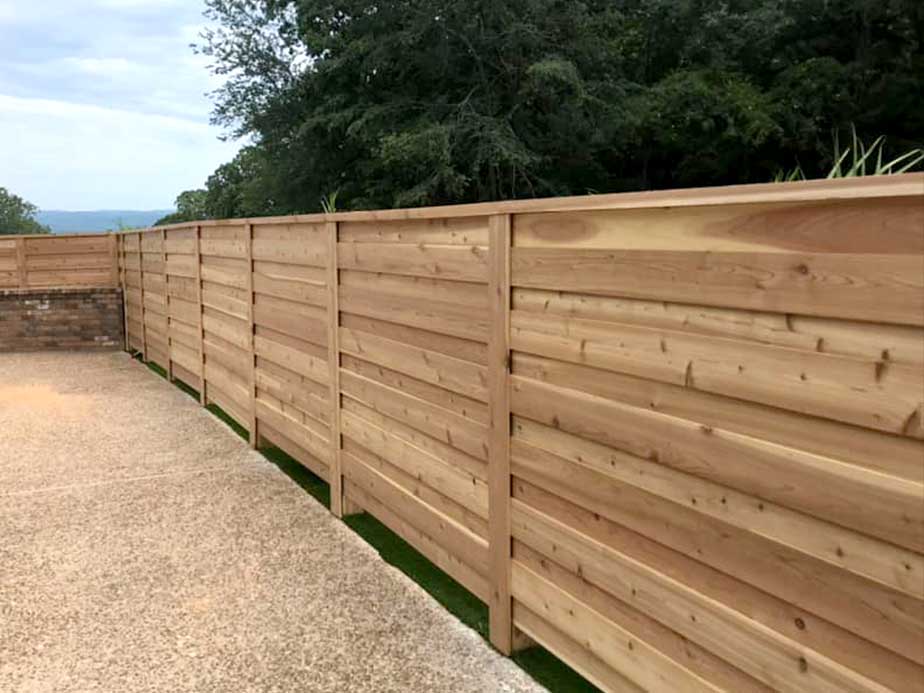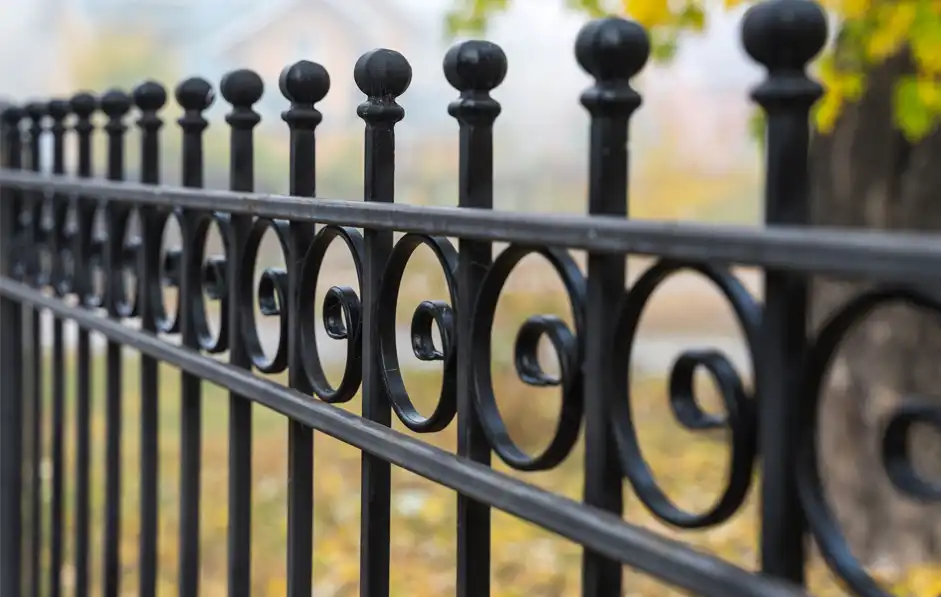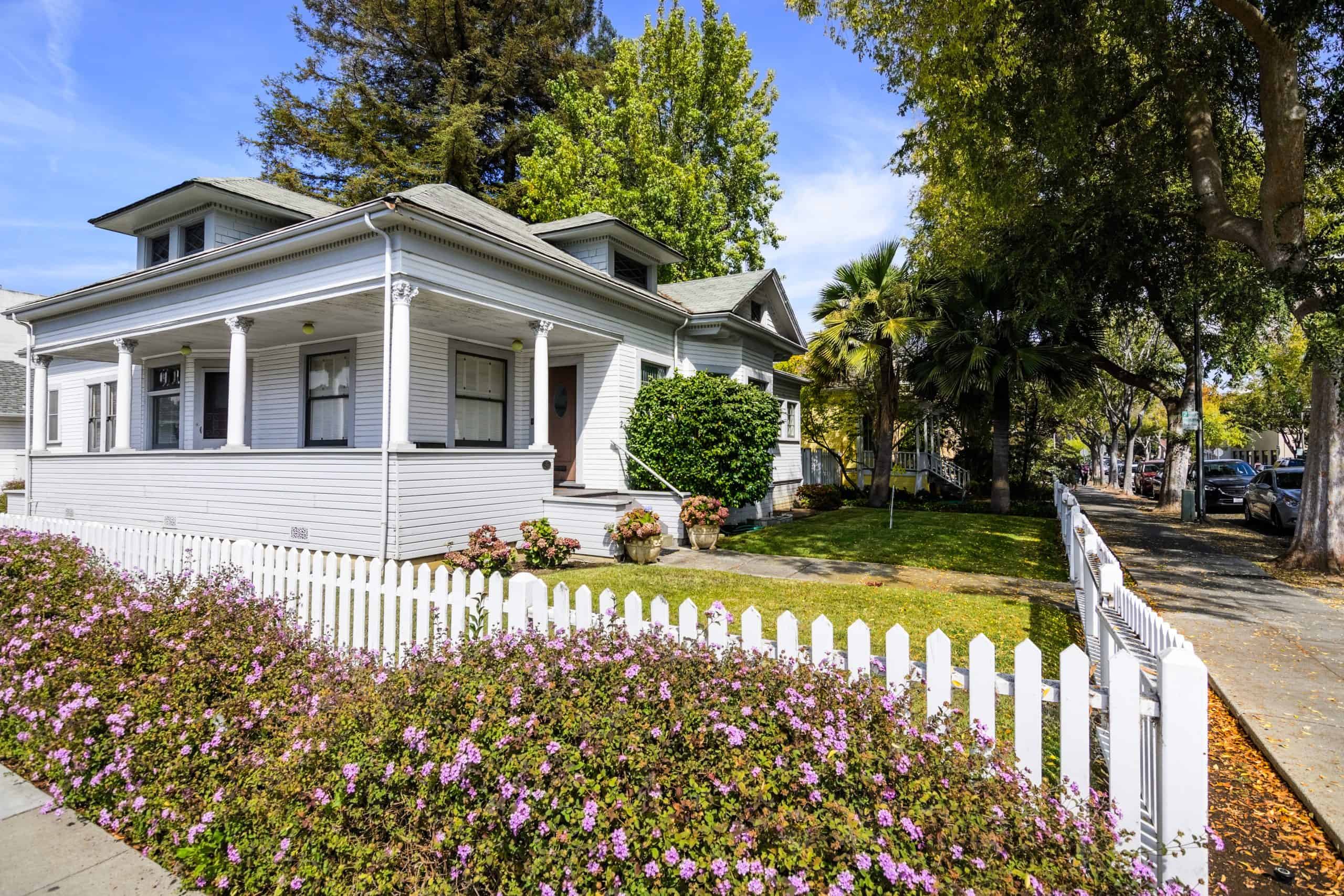All Categories
Featured

As sustainability becomes a significantly crucial factor to consider for house owners, even more people are transforming to eco-friendly secure fencing materials. Whether you're constructing a fencing for privacy, safety and security, or aesthetic purposes, picking products that decrease environmental influence is a fantastic way to contribute to a healthier world. Right here's a consider the top eco-friendly fence products readily available today and their advantages.
- Bamboo Fence: Fast-Growing and Renewable. Bamboo is just one of one of the most lasting fencing materials on the marketplace. Unlike typical wood, bamboo is incredibly fast-growing, which suggests it can be harvested without depleting woodlands. This makes it a very renewable energy, with some species maturing to three feet in a solitary day.
Ecological Advantages: Bamboo absorbs extra carbon dioxide than lots of other plants, assisting to counter greenhouse gases. Its quick development rate implies it can be harvested consistently, making it an eco-friendly material. Sturdiness: Bamboo fencings are normally immune to insects and decay, specifically when correctly dealt with, decreasing the demand for chemical treatments. Visual Charm: Bamboo gives a special, natural look that complements both traditional and modern-day landscaping layouts. While bamboo is a wonderful choice, it's vital to ensure that the bamboo utilized is sensibly sourced to avoid contributing to environmental deterioration.
- Recycled Metal Fencing: Long Lasting and Recyclable. Recycled metal fencing, such as light weight aluminum or steel, offers an environment-friendly alternative to standard wood fences. These metals are often made from recycled products, lowering the requirement for new mining and the environmental effect connected with extracting raw products.

Ecological Advantages: Metals like light weight aluminum and steel are 100% recyclable, indicating they can be recycled and repurposed forever without shedding top quality. Durability: Metal fencings are exceptionally durable, immune to weather, insects, and put on, making them a lasting choice that doesn't need to be changed regularly. Low Upkeep: Recycled metal fences require minimal maintenance and don't need to be repainted or sealed on a regular basis, reducing the need for extra chemicals. The primary disadvantage is that steel fencings may not give the same personal privacy as wood or vinyl options, as they can have gaps depending on the design.
- Recycled Wood Secure Fencing: All-natural and sustainable. For those who love the timeless appearance of wood but want an environment-friendly option, recycled timber secure fencing is an exceptional selection. This material is made from reclaimed wood from old structures, pallets, and even furniture, diverting these products from garbage dumps.
Ecological Benefits: Using recycled timber stops the demand to lower brand-new trees, helping to lower and preserve forests deforestation. Visual Appeal: Recycled timber uses a rustic, all-natural appearance and can be tailored to suit any type of home design. Sustainability: Given that it is sourced from existing wood products, recycled timber doesn't need new handling, which lowers energy usage and carbon exhausts. While recycled timber fencings are an environment-friendly option, they might call for even more upkeep over time than metal or bamboo fences, as wood can be susceptible to decay and parasites otherwise appropriately treated.

- Living Fencings: All-natural and Eco-friendly. Living fencings, which are made from thick growings like trees, hedges, or shrubs, supply a completely all-natural and eco-friendly choice to traditional fencing products. These fences not only supply privacy however also improve your yard with gorgeous greenery.
Ecological Benefits: Living fencings can absorb co2, provide environment for wild animals, and boost air top quality. Noise Reduction: Dense growings can function as all-natural audio obstacles, minimizing traffic sound or various other unwanted noises. Visual Appeal: They add a soft, natural aesthetic to any type of residential or commercial property and can be customized to fit any type of layout. While living fencings are environmentally friendly, they do need regular maintenance such as pruning, watering, and sometimes pest control.
- Hemp Secure Fencing: Naturally Degradable and Solid. Hemp is an additional lasting material that has actually made its means into the fence industry. Hemp fences are made from strong hemp fibers that are woven with each other to create green and resilient panels.
Environmental Benefits: Hemp grows swiftly and needs minimal water, making it a resource-efficient crop. The material is biodegradable and can be composted when no longer needed. Strength and Toughness: Hemp fence is remarkably solid and weather-resistant, making it suitable for many environments. Sustainability: Hemp farming calls for fewer pesticides and plant foods than conventional crops, making it an environmentally accountable option. Nonetheless, hemp secure fencing may not be as widely available as other products, depending upon your location.
Conclusion: Sustainable Choices for Every Requirement. Choosing green secure fencing materials is a wonderful way to reduce your environmental footprint while still achieving the personal privacy, security, and aesthetic you want. From fast-growing bamboo to recycled timber and metal, there are a selection of lasting options that can aid you create a stunning, practical fence while sustaining a much healthier earth. By considering elements such as resilience, upkeep, and environmental effect, you can select the ideal environmentally friendly fence material for your requirements and way of life.
Latest Posts
Discover Special Auto Repair Deals in Chicago at Montclare Auto Repair
Published en
1 min read
How Regular Auto Maintenance at Montclare Auto Repair Reduces Costs
Published en
1 min read
How Routine Auto Maintenance at Montclare Auto Repair Keeps Your Wallet Happy
Published en
1 min read
More
Latest Posts
Discover Special Auto Repair Deals in Chicago at Montclare Auto Repair
Published May 26, 25
1 min read
How Regular Auto Maintenance at Montclare Auto Repair Reduces Costs
Published May 25, 25
1 min read
How Routine Auto Maintenance at Montclare Auto Repair Keeps Your Wallet Happy
Published May 23, 25
1 min read